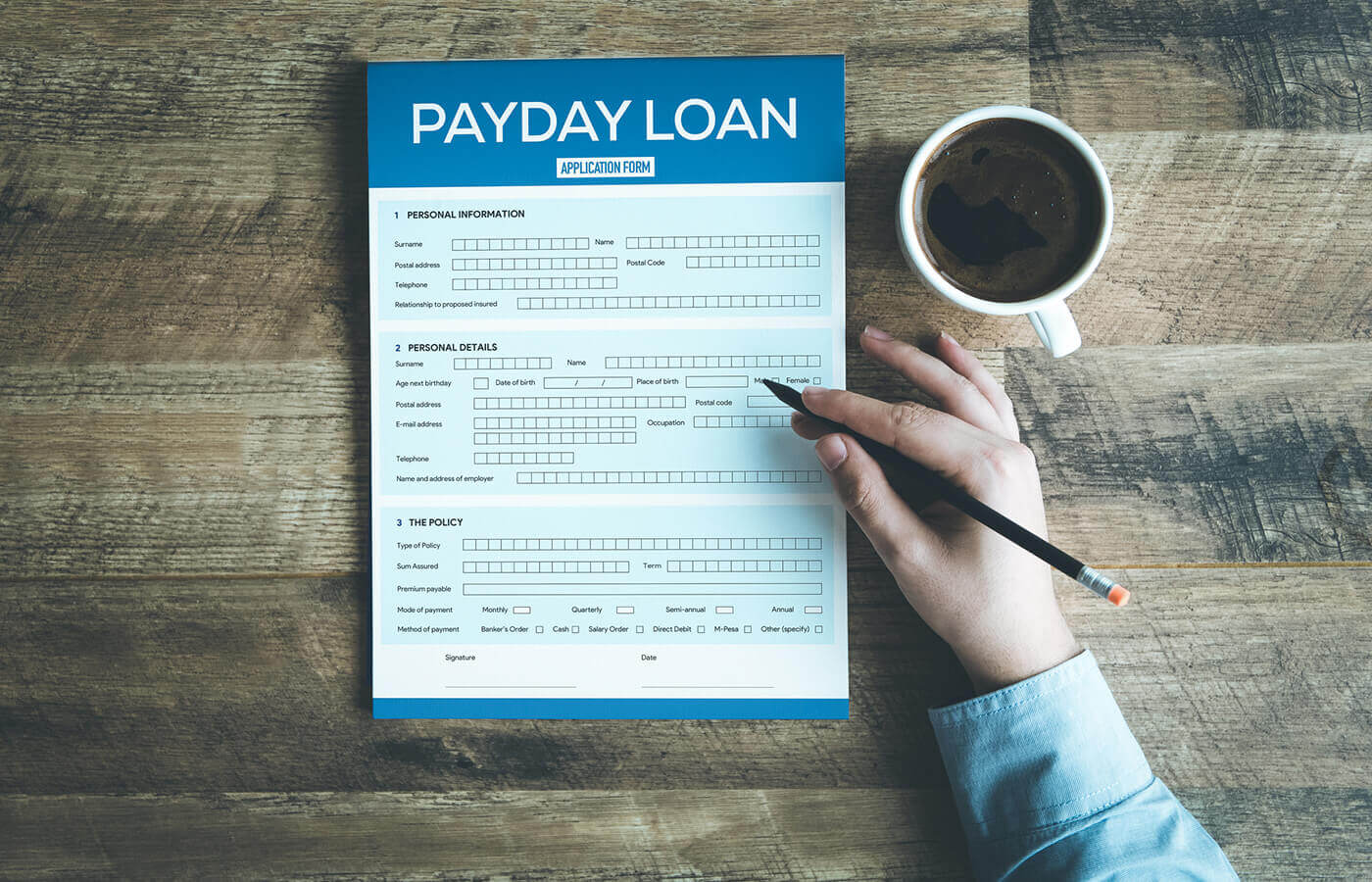A Comprehensive Guide to Home Loans: Solutions and Options Explained
Charting the world of home loans can be complicated. Various choices exist, each with one-of-a-kind functions and effects for prospective homeowners. Recognizing the distinctions between standard and government-backed fundings is essential. Moreover, the application process includes precise documents and pre-approval actions that lots of ignore. As debtors begin on their home-buying journey, knowing how to take care of these duties properly might indicate the difference in between economic security and hardship. What techniques can empower them on this course?
Understanding Home Loans: Types and Terms
Recognizing the numerous kinds of home fundings and their linked terms is essential for prospective house owners, as it outfits them with the expertise required to make educated economic decisions. Mortgage can be extensively categorized into fixed-rate and adjustable-rate mortgages. Fixed-rate mortgages keep a constant rate of interest over the life of the financing, supplying stability in monthly payments. Cash Loans. Conversely, adjustable-rate home loans include rate of interest rates that may rise and fall after an initial set duration, potentially leading to lower first settlements but increased future prices
Additional terminology is necessary for clarity. Principal refers to the funding quantity obtained, while passion is the expense of loaning that quantity. The term of the loan shows its duration, usually varying from 15 to thirty years. Understanding these basic concepts enables prospective customers to navigate the complex landscape of home funding, ensuring they choose the ideal finance choice that lines up with their economic situation and long-lasting goals.
Conventional Lendings vs. Government-Backed Loans
A considerable distinction in home funding exists between government-backed lendings and standard fundings, each providing to various customer needs and situations. Conventional fundings are not guaranteed or guaranteed by the government and usually require greater credit history scores and deposits. They are often interesting debtors with stable financial backgrounds, as they might offer competitive rate of interest and terms.
In comparison, government-backed loans, such as FHA, VA, and USDA loans, are developed to help details groups of consumers, including first-time buyers and experts. Payday Loans. These finances generally include reduced deposit demands and more flexible credit standards, making them available to a wider variety of individuals
Eventually, the option between conventional and government-backed financings rests on the borrower's economic scenario, long-lasting objectives, and eligibility, making it necessary to carefully examine both choices before making a decision.

The Role of Rates Of Interest in Home Financing
Rate of interest play an essential role in home funding, affecting customers' decisions in between variable and set price car loans. The choice between these alternatives can greatly influence regular monthly payments, influencing general price. Recognizing how rate of interest function is important for any person steering via the mortgage procedure.
Taken Care Of vs. Variable Prices
Homebuyers face an essential choice when choosing between dealt with and variable rates, as this selection significantly impacts the price of funding gradually. Fixed-rate home mortgages supply security, locking in a rate of interest for the life of the car loan, which can be beneficial in an increasing passion rate setting. This predictability allows property owners to spending plan better. On the other hand, variable-rate home loans, or adjustable-rate home loans (ARMs), commonly start with reduced initial prices that can rise and fall based upon market problems. While this may result in lower initial repayments, consumers encounter the danger of enhanced prices in the future. Ultimately, the choice in between set and variable rates depends upon private economic scenarios, risk tolerance, and expectations pertaining to future rates of interest patterns.
Influence on Monthly Repayments
When examining home funding choices, the effect of rate of interest on monthly repayments is a vital factor to contemplate. Rates of interest directly influence the total price of borrowing, impacting how a lot a consumer will pay monthly. A lower rate of interest cause smaller sized month-to-month payments, making homeownership a lot more cost effective. Conversely, higher rates can considerably increase month-to-month responsibilities, possibly straining a homeowner's spending plan. Additionally, the car loan term plays a vital duty; longer terms might spread out settlements out however can cause paying more interest over time. Understanding how rate of interest engage with finance amounts and terms is essential for borrowers to make informed economic decisions and select a home mortgage that straightens with their long-term financial goals.
Mortgage Brokers vs. Direct Lenders: Which Is Right for You?
When considering a home loan, prospective debtors need to understand the distinct duties and obligations of home loan brokers and straight lending institutions. Each choice offers its own advantages and negative aspects, which can considerably influence the general price of financing. An educated selection calls for mindful analysis of these elements to figure out the very best fit for specific requirements.
Functions and Responsibilities Specified
Steering the intricacies of home funding calls for a clear understanding of the functions and duties of home mortgage brokers and direct lenders. Home loan brokers work as intermediaries, attaching consumers with loan providers. They assess a customer's economic situation, curate financing choices, and overview clients via the application procedure, often leveraging several loan provider partnerships to safeguard favorable terms. Alternatively, direct lenders, such as financial institutions and credit report unions, supply financings directly to debtors. They handle the entire lending process, from application to financing, with a focus on their very own products. Each option provides distinctive methods for obtaining financing, making it essential for customers to examine their needs and choices when determining in between engaging a home loan broker or dealing with a direct lender.
Cons and pros Comparison
Picking in between a mortgage broker and a direct lender can significantly influence the home funding experience, as each option provides one-of-a-kind benefits and disadvantages. Home loan brokers offer as middlemans, giving accessibility to multiple lenders and possibly far better prices, while streamlining the finance procedure. However, they may bill fees and count on compensation frameworks that might influence their recommendations. On the various other hand, direct lending institutions improve the process by using internal car loans, which can result in much faster approvals and less difficulties. Alternatively, they might have a limited selection of products and much less versatility regarding pricing. Eventually, the decision rests on specific preferences, monetary circumstances, and the preferred level of support more throughout the mortgage journey.
Price Effects Examined
While evaluating the cost ramifications of home mortgage brokers versus direct lending institutions, possible homeowners have to consider various aspects that can greatly influence their general expenditures. Home loan brokers usually charge fees for their solutions, which can vary considerably, influencing the overall loan cost. Nevertheless, they often have access to a wider array of car loan products and competitive rates, potentially saving customers money in the lengthy run. On the other hand, direct lending institutions may supply a more simple procedure with potentially lower ahead of time expenses, but their financing choices may be restricted. It is vital for home owners to contrast interest rates, costs, and terms from both brokers and loan providers, guaranteeing they see this site make an informed decision that aligns with their monetary objectives and requirements.
The Home Loan Application Process: What to Expect

The home mortgage application procedure can typically really feel daunting for lots of candidates. It normally begins with collecting essential paperwork, consisting of proof of revenue, credit rating, and individual identification. Lenders use this info to analyze the candidate's monetary security and establish loan eligibility.
Next off, applicants send an official application, which may include submitting online forms or giving information personally. Throughout this stage, lenders assess different aspects, such as debt-to-income ratio and credit rating, to choose funding terms.
As soon as pre-approved, the lending institution will carry out an extensive evaluation of the residential property to ascertain its worth aligns with the car loan quantity. This phase may additionally include additional history checks.

After final authorizations and problems are met, the funding is refined, leading to the closing phase. Understanding each step empowers applicants, making the journey smoother and much more convenient as they relocate toward homeownership.
Tips for Handling Your Home Funding Responsibly
Efficiently navigating the home mortgage application procedure is just the start of a liable economic journey. Handling a mortgage needs attention to a number of crucial methods. Initially, consumers must establish a clear spending plan that fits month-to-month home loan repayments, real estate tax, and insurance policy. Frequently evaluating this spending plan assists avoid overspending and guarantees prompt payments.
Additionally, making added payments when possible can considerably minimize the funding principal and total interest paid gradually. Borrowers must also maintain open lines of interaction with their lending institution, particularly in times of economic trouble. This can cause prospective remedies such as car loan adjustments or refinancing options.
Finally, it is advisable to check credit score scores routinely. A good credit rating can offer chances for better lending terms in the future. Cash Advance. By following these ideas, homeowners her explanation can navigate their financing responsibilities effectively, guaranteeing long-term financial health and stability
Regularly Asked Concerns
What Are Closing Expenses and Exactly How Are They Computed?
Closing expenses incorporate charges associated with settling a home loan, including assessment, title insurance coverage, and loan source costs. These prices usually vary from 2% to 5% of the funding quantity, varying based on location and lender.
Can I Qualify for a Mortgage With Bad Credit Score?
Yes, individuals with poor credit rating can qualify for a home mortgage, though choices might be limited. Lenders typically require greater down payments or rates of interest, and discovering government-backed financings may boost possibilities of approval.
What Is Home loan Insurance coverage and When Is It Required?
Home loan insurance secures lending institutions against default and is commonly called for when a debtor makes a down settlement of much less than 20%. It assures that loan providers recover losses if the consumer falls short to settle the finance.
How Does Refinancing Work and When Should I Consider It?
Refinancing entails replacing a current home loan with a brand-new one, commonly to secure a lower rates of interest or adjustment lending terms. Property owners ought to consider refinancing when interest rates go down considerably or their monetary situation enhances.
What Takes place if I Miss a Home Mortgage Settlement?
If a home loan payment is missed out on, the lender generally analyzes late fees, reports the delinquency to credit bureaus, and may start repossession process if payments remain to be overlooked, at some point jeopardizing the property owner's building.
Fixed-rate home mortgages keep a consistent interest rate over the life of the car loan, offering stability in month-to-month repayments. A substantial difference in home funding exists in between standard loans and government-backed lendings, each providing to various borrower needs and situations. In contrast, government-backed car loans, such as FHA, VA, and USDA fundings, are created to aid specific groups of borrowers, consisting of newbie homebuyers and experts. Passion prices play a crucial function in home funding, influencing debtors' decisions between variable and fixed price finances. Fixed-rate home mortgages use stability, locking in an interest rate for the life of the finance, which can be beneficial in a climbing rate of interest rate atmosphere.